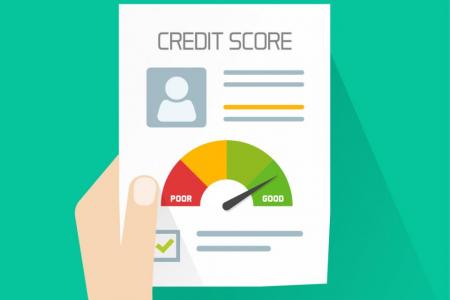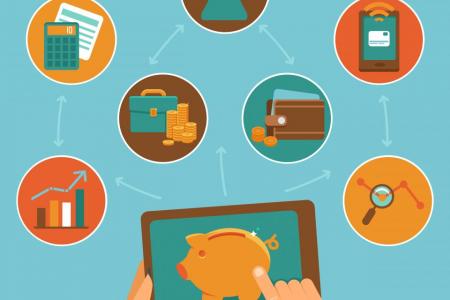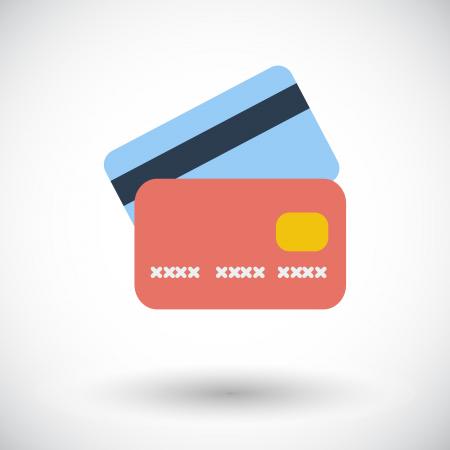Credit
Need to Know Money Basics
April is Financial Literacy Month, and whether you’re just starting out on your own financially, or you could use a refresher of what sound money management practices are, it’s always beneficial to learn or better understand key money concepts to ensure you’re forming or practicing sound financial habits.
Here are five money basics to learn or remind yourself of:
- Savings Account vs. Checking Account – The two main vehicles where your money ‘lives,’ a savings account and checking account function quite differently. A savings account is where you ideally will deposit a portion of your income for savings, accruing interest over time, while a checking account is an account that you utilize on a daily basis, with enough money to cover bills and other expenses.
- Budgeting – The concept of budgeting remains one of the most difficult financial habits for many. It is essentially determining how much income you have coming in on a regular basis, and how much of that will need to go to your bills, savings, etc. Subtract these debits from your income and what you have leftover is discretionary income to spend as you like.
- Money’s Time Value – Money’s time value applies mostly to savings in that saving money versus spending it will result in more money for you in the future. I.e. forgoing that daily $1.50 coffee for a year equals roughly $548 dollars in your pocket instead – maybe it’s time to kick that caffeine habit.
- How to Write a Check – If you’ve never written a check before and no one has explained how to do it, it can understandably be a bit of a mystery. The basics? Fill in the date, name of the individual or organization you are making the payment to, the numeric value of the check amount, as well as the amount written out, and sign your name. Easy!
- Debt’s Impact – Wherever your debts come from – student loans, a car loan, or credit card debt –the potential impact debt can have on your personal finances is significant. Piling on debt that you can’t handle in the long run will result in not only a lower credit score, but years of financial stress.
Have more questions about money basics? We’re happy to help you find the answers!








